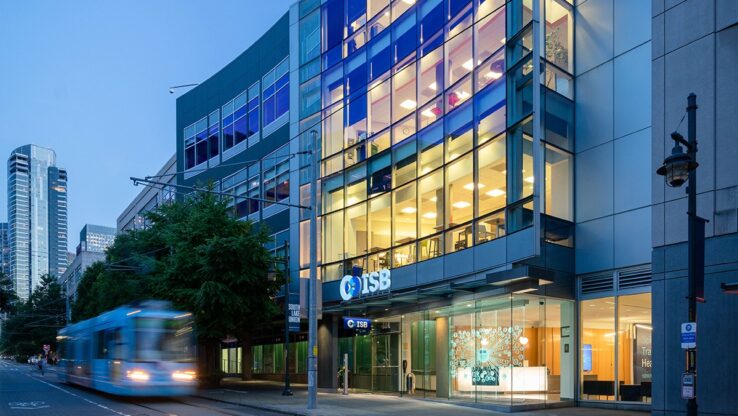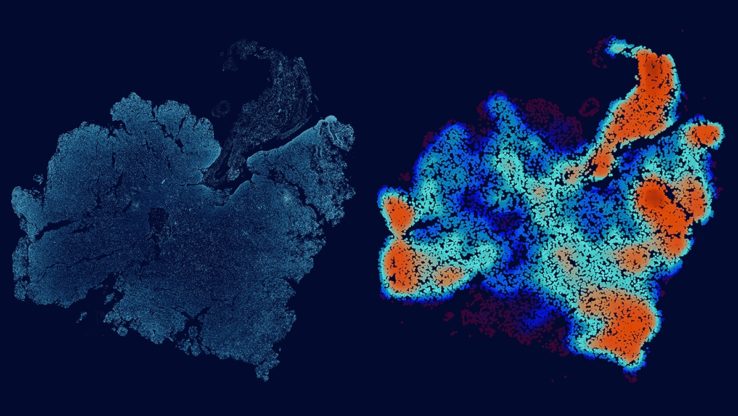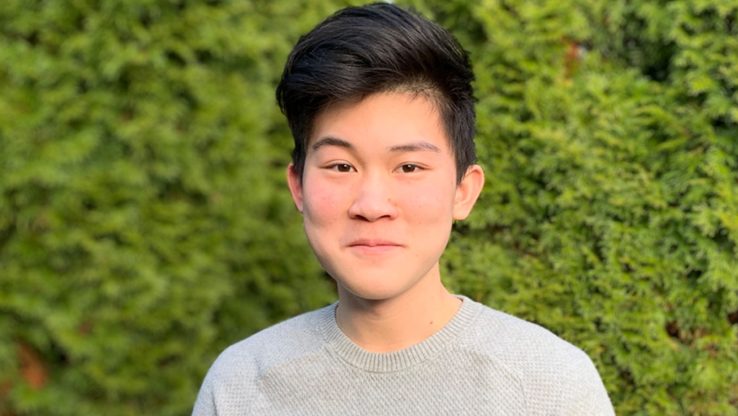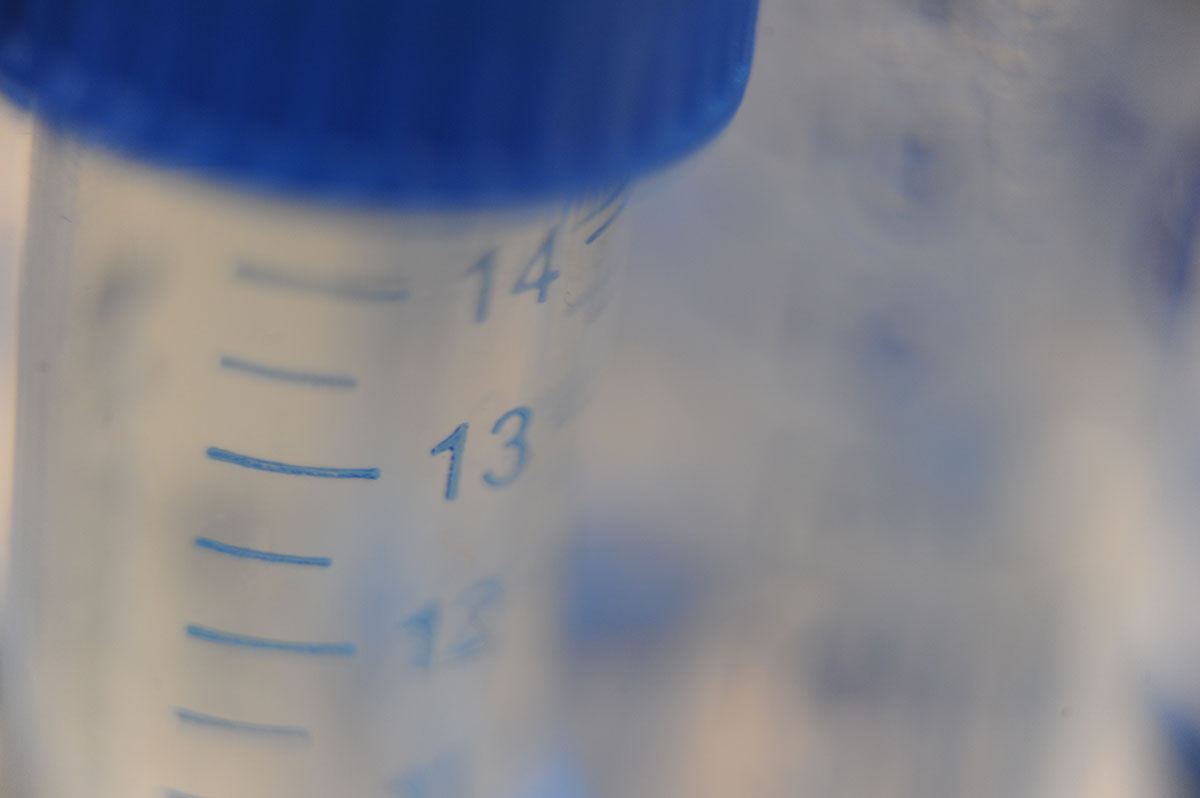This website uses cookies so that we can provide you with the best user experience possible. Cookie information is stored in your browser and performs functions such as recognising you when you return to our website and helping our team to understand which sections of the website you find most interesting and useful.
2023 Year in Review
at ISB

2023 Year in Review
Throughout 2023, ISB research has been published in impactful peer-reviewed journals and our scientists have been featured in major media outlets and popular podcasts. In this 2023 Year in Review, we showcase some of our most important and interesting highlights of the year.

Looking at Tumors Through a New Lens
To improve the efficacy of neoadjuvant immune checkpoint blockade against glioblastoma, researchers are looking for vulnerabilities in surgically removed tissues – a difficulty due to the vast differences within the tumor and between patients. To address this, ISB researchers and their collaborators developed a new way to study tumors.

ISB Undergraduate Researcher Daniel Chen Earns Goldwater Scholarship
Daniel Chen, an undergraduate researcher in ISB’s Heath Lab and junior at the University of Washington, has been awarded a prestigious Goldwater Scholarship. Chen has been a key member of ISB’s COVID-19 Immune Response Study.

COVID-19 Outcome Disparities Across Racial/Ethnic Lines
ISB researchers and their collaborators looked at the electronic health records of nearly 630,000 patients who were tested for SARS-CoV-2, and found stark disparities in COVID-19 outcomes — odds of infection, hospitalization, and in-hospital mortality — between White and non-White minority racial and ethnic groups.

COVID-19 Immune Response Study Could Lead to More Effective Treatments
Findings from the ISB-Swedish COVID-19 Immune Response Study suggest that treatments aimed at arresting the infection at the stage of moderate severity may be most effective. The team studied 139 patients and found that mild COVID-19 is very distinct from the moderate or severe forms of disease, which appear surprisingly similar.

Merck, ISB, Swedish Collaborate In Trial to Understand, Treat COVID-19
ISB and Swedish Medical Center launched a study to follow hundreds of patients who contract COVID-19 to learn why those infected have drastically different outcomes. “Each of the COVID-19 patients has a unique lesson to teach us about how the medical and scientific community can respond most effectively to this pandemic,” said ISB President Dr. Jim Heath, who co-leads the study.




